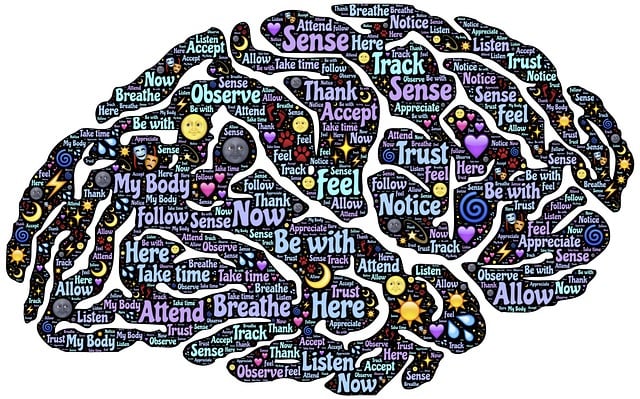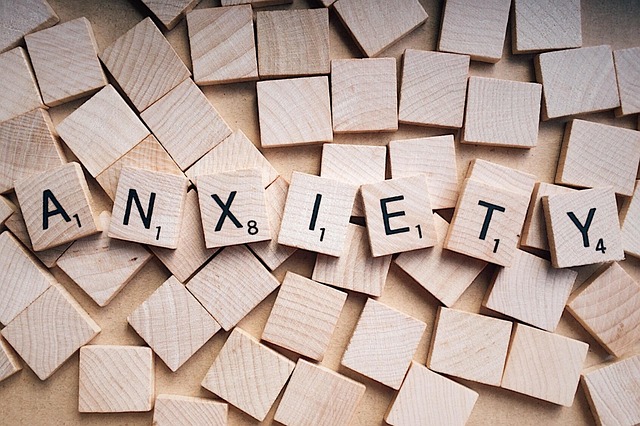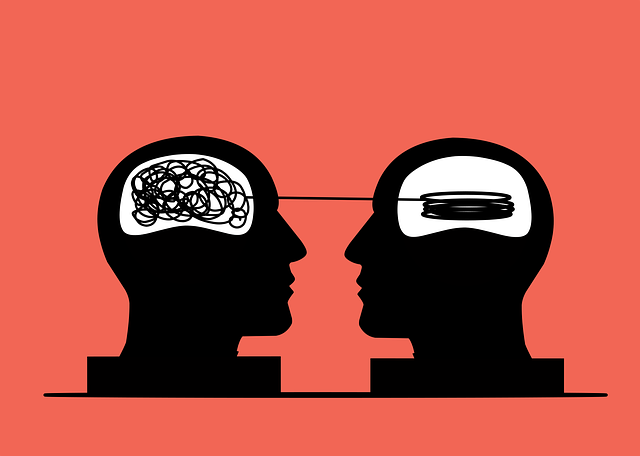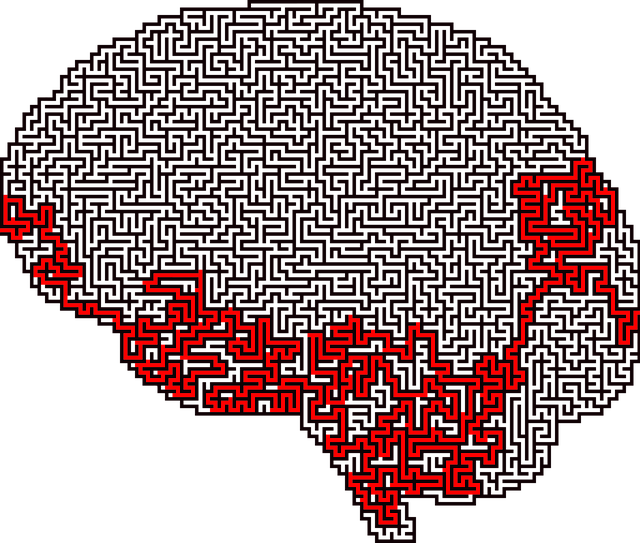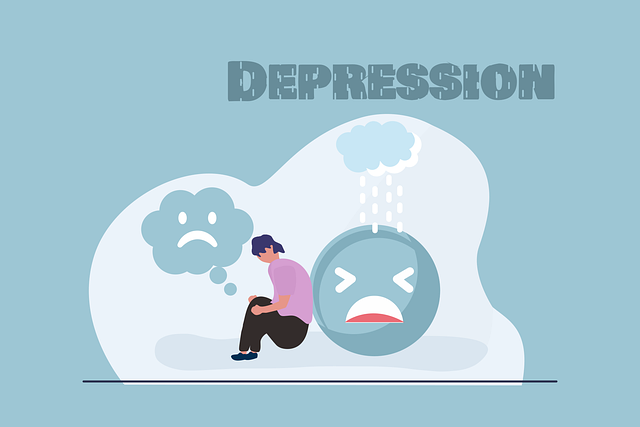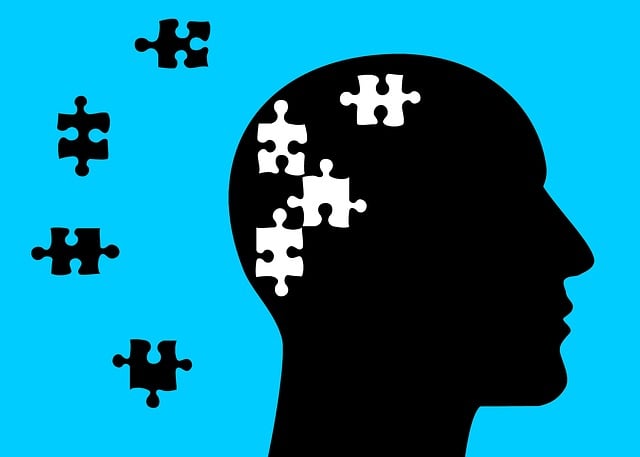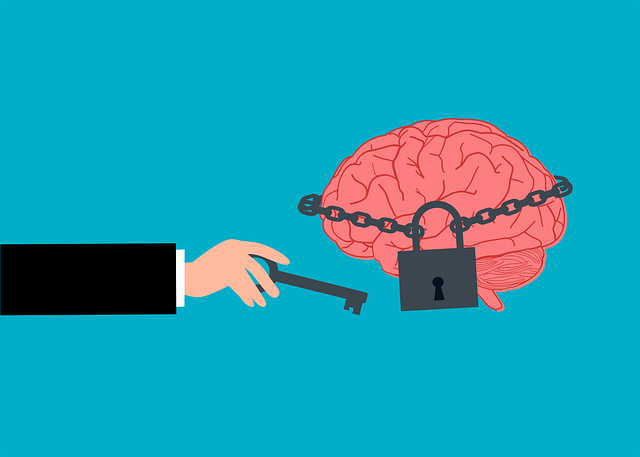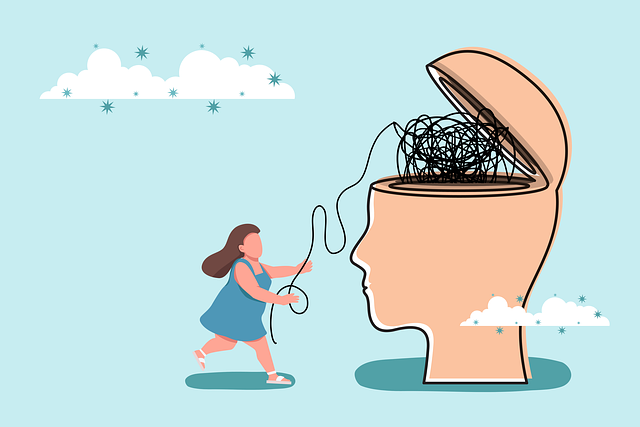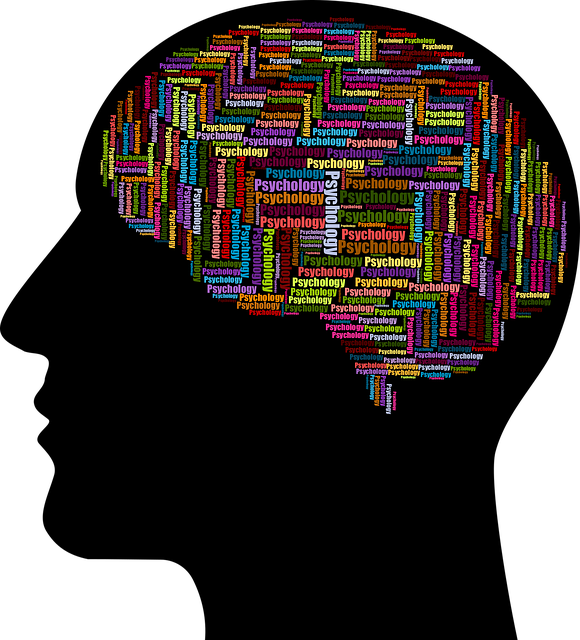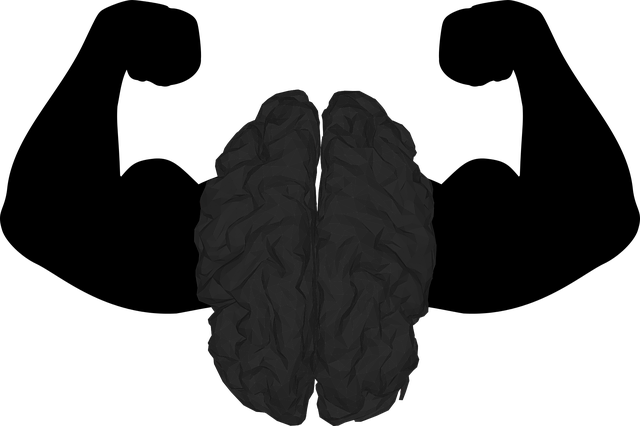Mental wellness self-assessment tools tailored for elders facing workplace issues and job stress are essential resources. These tools guide them towards therapy, foster resilience, and improve emotional well-being. Healthcare providers use them to offer sensitive support for diverse communities' mental health concerns. By addressing unique stressors like physical demands and lack of support, employers can enhance job retention among elderly employees. Tailored assessments consider age-related factors and specific workplace dynamics, leveraging evidence-based practices like CBT for targeted interventions. Regular self-assessments track emotional regulation, enabling measurable improvements in mental wellness through proactive programs.
Mental wellness self-assessment tools play a pivotal role in identifying and addressing issues within the elderly workforce. This article explores the development and implementation of these tools, focusing on navigating workplace challenges and job stress specific to older adults. We delve into integrating therapeutic techniques tailored to their unique needs and providing effective assessments for improved mental health outcomes. By understanding and assessing mental wellness, organizations can foster a supportive environment, enhancing overall well-being and job satisfaction among the elderly workforce.
- Understanding Mental Wellness Self-Assessment Tools
- Identifying Workplace Issues and Job Stress in Elders
- Integrating Therapy Techniques for Elderly Workforce
- Developing Effective Assessment Tools for Specific Needs
- Implementing and Measuring the Impact of Self-Assessments
Understanding Mental Wellness Self-Assessment Tools

Mental wellness self-assessment tools play a pivotal role in helping individuals, particularly elders, navigate and address their mental health challenges. These tools are designed to facilitate self-reflection, allowing users to gain insights into their emotional well-being, stress levels, and potential areas of concern. By understanding one’s mental state, these assessments can guide individuals towards seeking appropriate therapy or making necessary lifestyle adjustments to improve overall mental wellness.
For elders experiencing workplace issues or job-related stress, self-assessment tools can be invaluable. They enable seniors to assess their emotional intelligence, fostering inner strength development and promoting resilience in the face of common workplace challenges. Additionally, healthcare provider cultural competency training incorporates these assessments to enhance care for diverse populations, ensuring sensitive and effective support for mental wellness concerns across different communities.
Identifying Workplace Issues and Job Stress in Elders

The workplace can be a significant source of stress for elders, impacting their overall mental wellness. As our population ages, it’s crucial to identify and address workplace issues and job stress that are unique to this demographic. Elders may face challenges related to physical demands, inflexible work schedules, or a lack of support systems within their organizations. These factors can contribute to decreased job satisfaction, reduced productivity, and even symptoms of anxiety or depression.
Therapy for elders in these situations often involves exploring coping mechanisms, improving time management skills, and enhancing emotional intelligence as a means to build resilience. A comprehensive mental wellness self-assessment tool should consider these specific stressors and incorporate assessments that gauge an individual’s emotional state, stress levels, and strategies for managing workplace challenges. By recognizing and targeting these issues early on, employers can create more supportive environments, leading to higher job retention rates and improved overall well-being among their elderly workforce.
Integrating Therapy Techniques for Elderly Workforce

The elderly workforce presents unique challenges when it comes to mental wellness, as they often face issues related to job stress and workplace dynamics. Integrating therapy techniques specifically tailored for this demographic is a vital step in addressing these concerns. Cognitive-behavioral therapy (CBT), for instance, has proven effective in managing anxiety relief among older adults, helping them cope with stressful work environments. By incorporating CBT and other evidence-based practices into mental wellness coaching programs development, we can create targeted interventions.
Community outreach program implementation plays a crucial role here, as it facilitates access to these services for the elderly workforce. Through such initiatives, professionals can offer guidance on stress management strategies, fostering a healthier work-life balance. This proactive approach ensures that the unique needs of older workers are met, enhancing their overall mental wellness and job satisfaction.
Developing Effective Assessment Tools for Specific Needs

Developing effective mental wellness self-assessment tools requires tailored approaches to cater to diverse needs, especially in specific contexts like therapy for elders and addressing workplace issues and job stress. While a one-size-fits-all solution may seem appealing, individual differences and unique challenges necessitate customized assessment methods. For example, older adults might require tools that consider age-related cognitive changes, while professionals dealing with workplace stressors need assessments that capture the specific nature of their concerns.
By focusing on context-specific needs, developers can create more accurate and valuable self-assessment tools. Incorporating evidence-based conflict resolution techniques and leveraging Mental Health Policy Analysis and Advocacy insights can further enhance these tools’ effectiveness. Additionally, integrating Mental Wellness Coaching Programs Development principles ensures that users receive actionable feedback and guidance to address their mental health concerns.
Implementing and Measuring the Impact of Self-Assessments

Implementing self-assessment tools for mental wellness can significantly impact individuals’ lives, especially in settings like the workplace or care facilities for elders. These assessments serve as valuable metrics to gauge emotional well-being and identify potential areas of concern. By integrating such tools into routine practices, organizations and care providers can proactively address issues related to job stress and workplace dynamics. Regular self-assessments allow individuals to track their emotional regulation and resilience building over time.
For elders in care settings, these assessments can help tailor therapy for specific needs, fostering a sense of emotional intelligence. Measuring the impact involves comparing pre and post-assessment results, which demonstrates the effectiveness of interventions. This data-driven approach ensures that programs are not only reaching their intended goals but also making measurable improvements in participants’ mental wellness, particularly when addressing workplace issues and job-related stress.
Mental wellness self-assessment tools play a pivotal role in identifying and addressing workplace issues and job stress among elders, a demographic often overlooked in traditional mental health support. By integrating effective therapy techniques tailored to their needs, these tools can revolutionize the way we support elderly workers. A well-developed assessment should not only evaluate but also offer actionable insights, enabling targeted interventions. As we implement and measure the impact of these self-assessments, it’s crucial to remember that enhancing mental wellness in the workplace benefits not just individuals but contributes to a thriving and productive society as a whole, especially with the increasing participation of seniors in today’s workforce.
